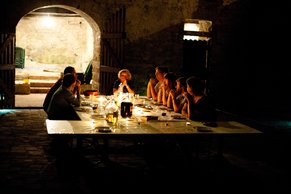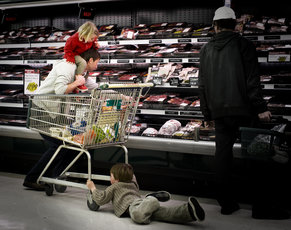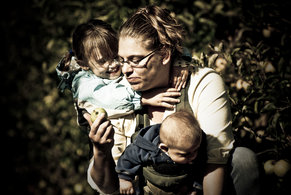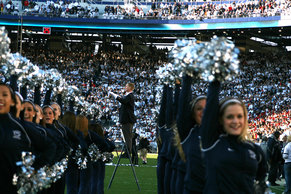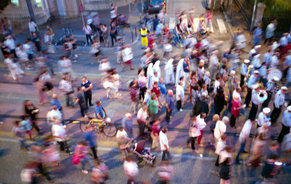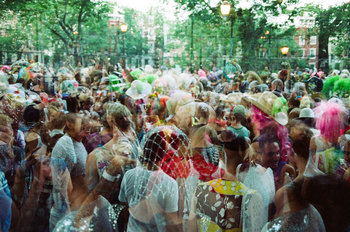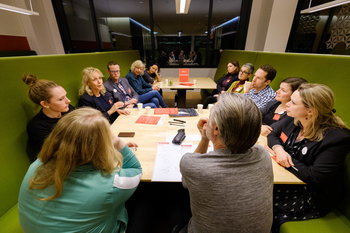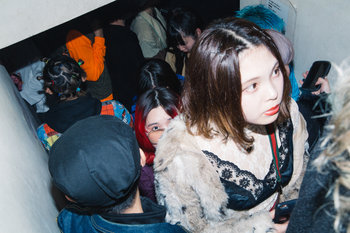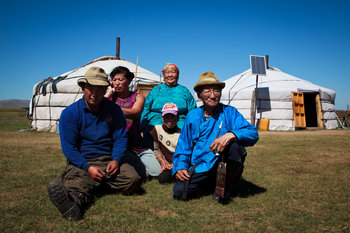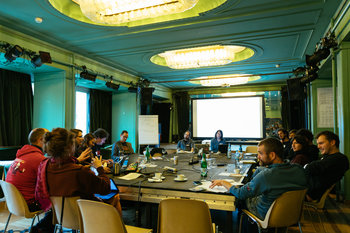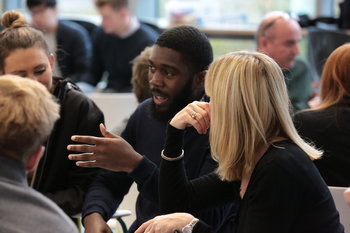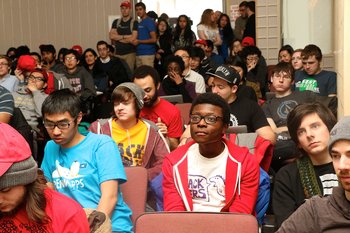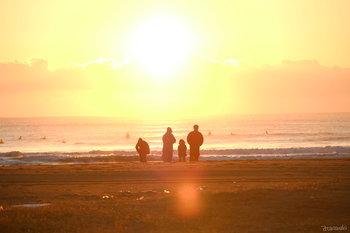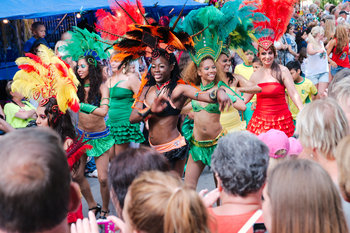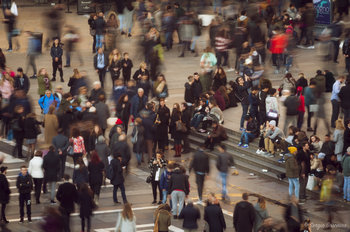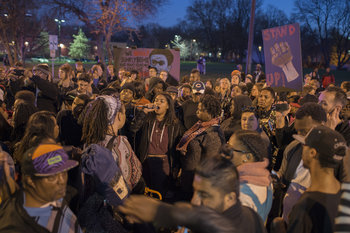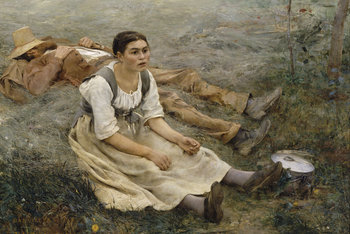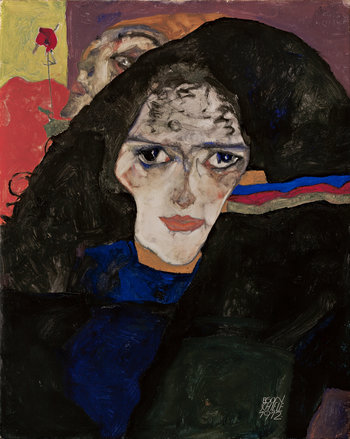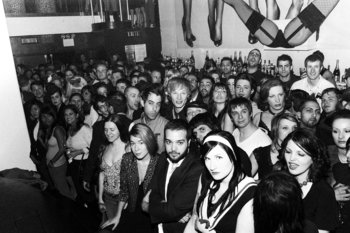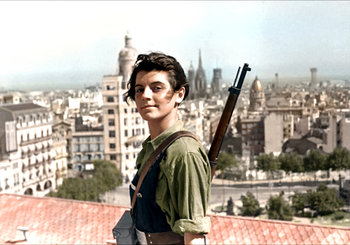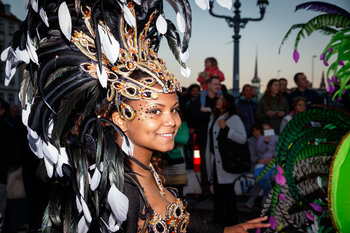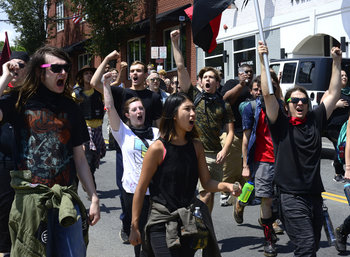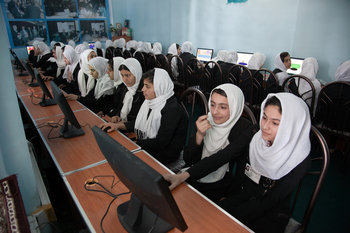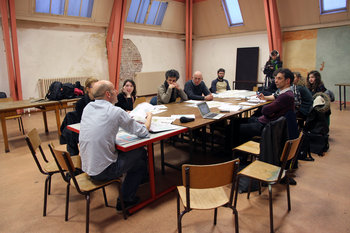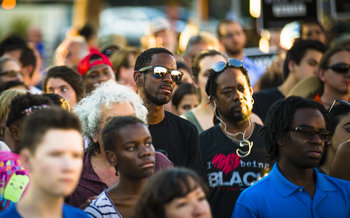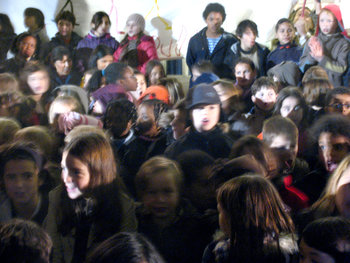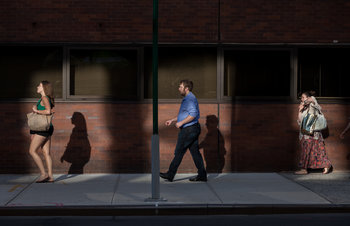
Administrator | Adult |
Agent | Artist |
Audience | Board Member (governance structures) |
Boss | Boyfriend / Girlfriend / Significant Other |
Celebrity | Citizen |
Coach | Comedian |
Company President / Chief Executive Officer | Creative Director |
Director (of a company) | Doctor |
Elder | Elected Official |
Employee | Expert |
Fan | Film Director |
Follower | Friend |
General (military) | Grandmother / Grandfather / Grandparent |
Guardian | Investor |
Journalist | Judge |
Juror | King / Queen |
Lawyer | Leader |
Manager | Matriarch |
Mayor | Mentor |
Mother / Father / Parent | Musician |
Neighbor | Nurse |
Owner (e.g. business owner or home owner) | Patriarch |
Performer / Actor | Philanthropist |
Player | Police |
Politician | President / Prime Minister |
Professional | Professor |
Rebel / Dissident / Protester | Religious Leader (e.g. Priest) |
Research | Scientist |
Service Staff / Customer Service Representative | Soldier |
Son / Daughter / Child | Speaker |
Student | Supporter |
Teacher | Technologist |
Volunteer | Wife / Husband / Spouse / Partner |
Writer |
Summary
Social roles are a means to organize personal, institutional, community, cultural and economic life. These are learned behaviors that are transmitted by families, institutions, cultures, religion, education systems and the media. The following is a basic overview of social roles with additional examples.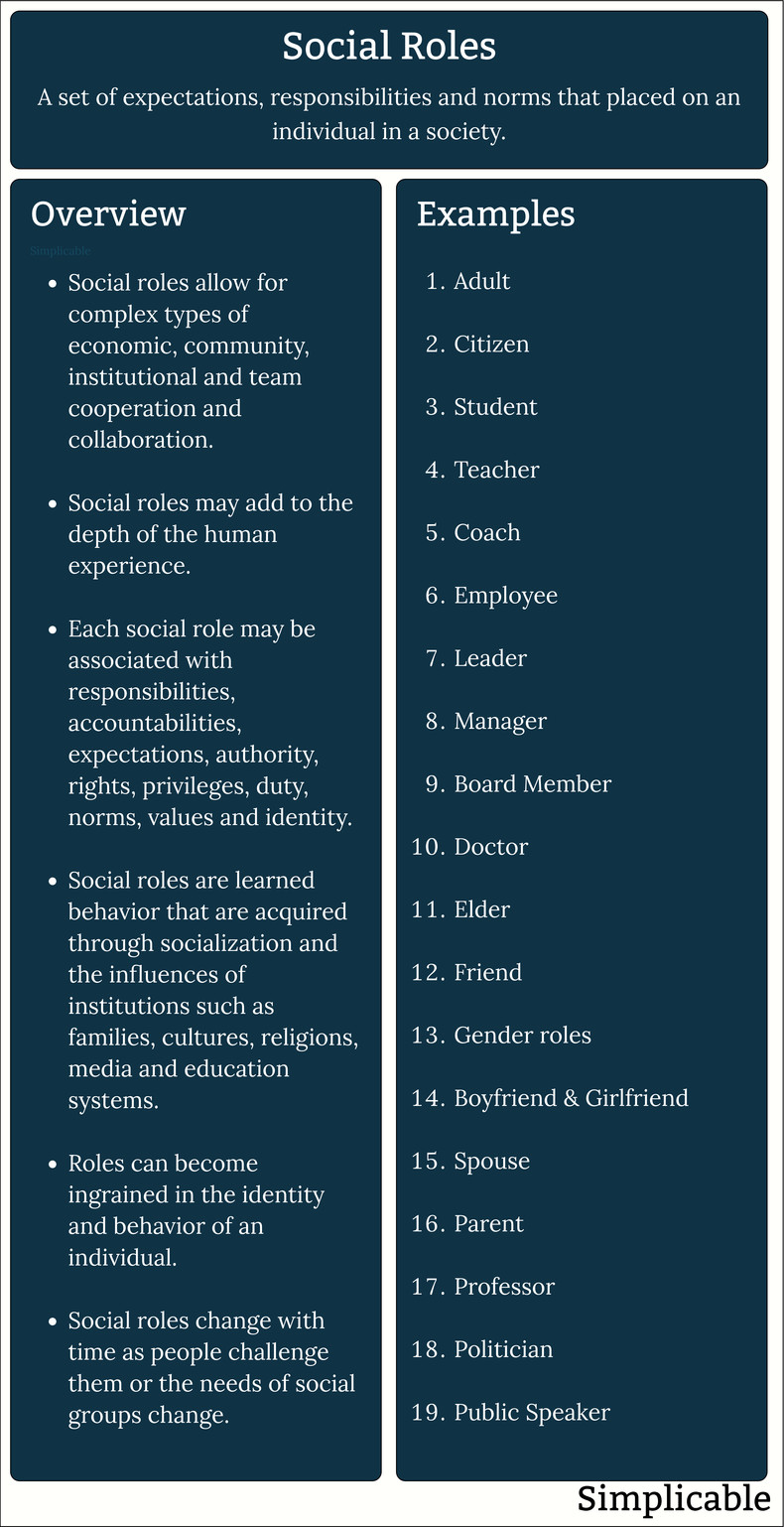
Discussion
In many cases, social roles resemble archetypes such that they are deeply ingrained in a culture. In this case, the meaning attached to the role may be extremely complex and intricate.People often have many social roles. For example, a person could be a citizen, business owner, spouse, parent, neighbor and rebel.| Overview: Social Roles | ||
Type | ||
Definition | A set of expectations, responsibilities and norms that placed on an individual in a society. | |
Related Concepts | ||

